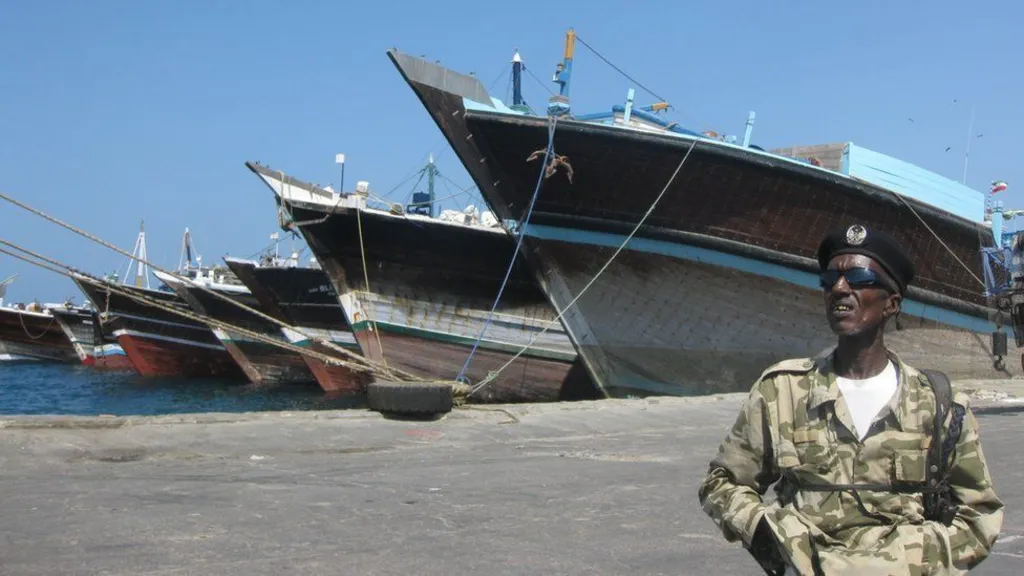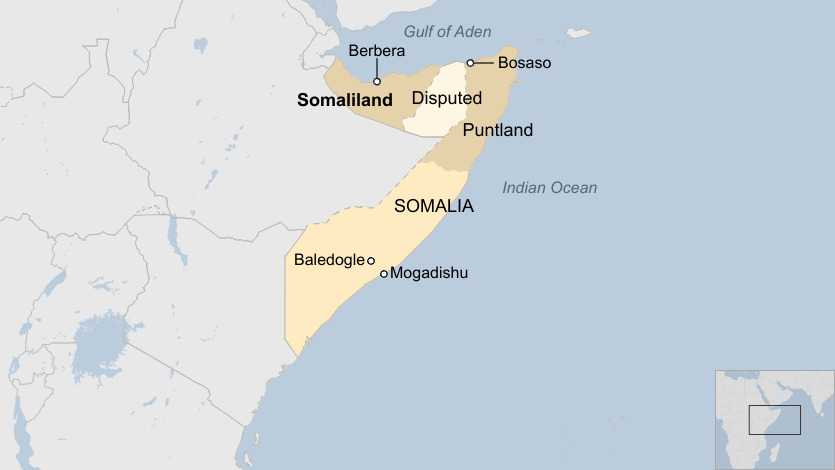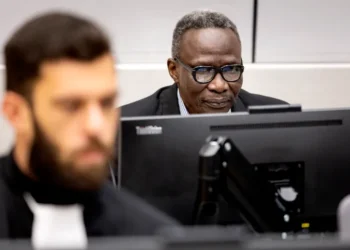Somaliland has firmly rejected Somalia’s attempt to grant the United States exclusive control over the strategic port and airbase in Berbera, asserting that Mogadishu has no authority over its territory.
The breakaway region, which declared independence from Somalia in 1991 amid the country’s descent into civil war, insists that the facilities are beyond the control of Somalia’s central government. The disputed port lies on the vital Gulf of Aden, a key trade and military route.
In a letter to US President Donald Trump, Somali President Hassan Sheikh Mohamud proposed exclusive access to Berbera and three other strategic locations to bolster American security interests in the Horn of Africa. However, Somaliland’s Foreign Affairs Minister Abdirahman Dahir Aden dismissed the move as “desperate.”
“There is nothing they can do to stop the upcoming recognition of Somaliland,” Minister Aden declared on X. He emphasized that Somaliland has functioned as an independent state for more than three decades and that the US understands “who they need to deal with when it comes to Berbera port.”
Hopes are high among Somalilanders that President Trump’s second term could lead to formal US recognition of their self-declared republic. Recent diplomatic engagements suggest that Washington may be considering closer ties with Somaliland, particularly given its geopolitical significance.
The expanded Berbera port is currently managed by DP World, a Dubai-based global port operator and a key ally of the US. The presence of DP World further complicates Somalia’s proposal, as the UAE has significant interests in maintaining stability and control over the facility.
For years, the US has been a crucial security partner for Somalia, providing intelligence and airstrikes in its fight against al-Shabab, an al-Qaeda-linked militant group that controls vast areas in southern and central Somalia. Analysts believe Mogadishu fears that Trump might scale down US support, as he did in his first term, which saw the withdrawal of American troops from Somalia.

To counter this risk, Somalia signed a $600,000-per-year deal with a Washington lobbying firm in December to strengthen its US relations. The letter to President Trump, sent on March 16, framed the port and airbase deal as an opportunity for the US to counter global competitors in the region, notably China and Russia.
“These strategically positioned assets provide an opportunity to bolster American engagement in the region… while preventing external competitors from establishing a presence in this critical corridor.”
Somalia’s central government
Puntland’s Silence on Bosaso Offer Raises Questions
Another obstacle to Somalia’s proposal is the federal structure of the country. Mogadishu’s offer includes the port of Bosaso, located in the semi-autonomous Puntland region. Puntland officials have yet to comment, but sources suggest that if the offer was made without their consent, it could further strain relations between Puntland and Mogadishu.
Somalia’s proposal also includes Baledogle airbase, northwest of Mogadishu, where US troops already operate to train Somali forces in counterterrorism efforts.
This is not the first time Berbera port has been at the center of regional disputes. In 2023, tensions escalated when landlocked Ethiopia signed a maritime deal with Somaliland to develop a port in the area. The agreement was met with fierce opposition from Somalia, which labeled it an “act of aggression.” Turkey later intervened to de-escalate the situation, preventing a broader regional conflict.
As the situation unfolds, diplomatic maneuvering between Somalia, Somaliland, and the United States is expected to intensify. Whether Trump’s administration will acknowledge Somaliland’s claims or uphold Somalia’s territorial integrity remains uncertain. However, what is clear is that Berbera’s strategic significance makes it a focal point in the geopolitics of the Horn of Africa.
READ ALSO: Ghana Navy Investigates Suspected Pirate Attack on Fishing Vessel





















